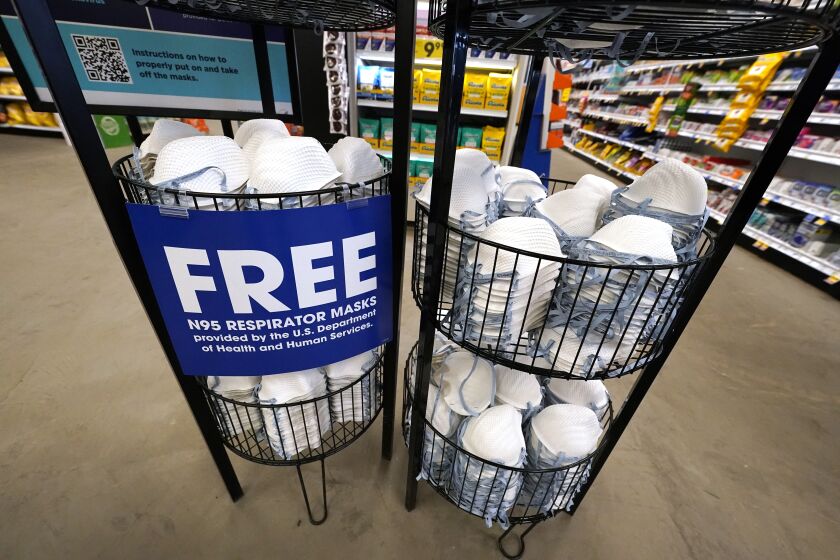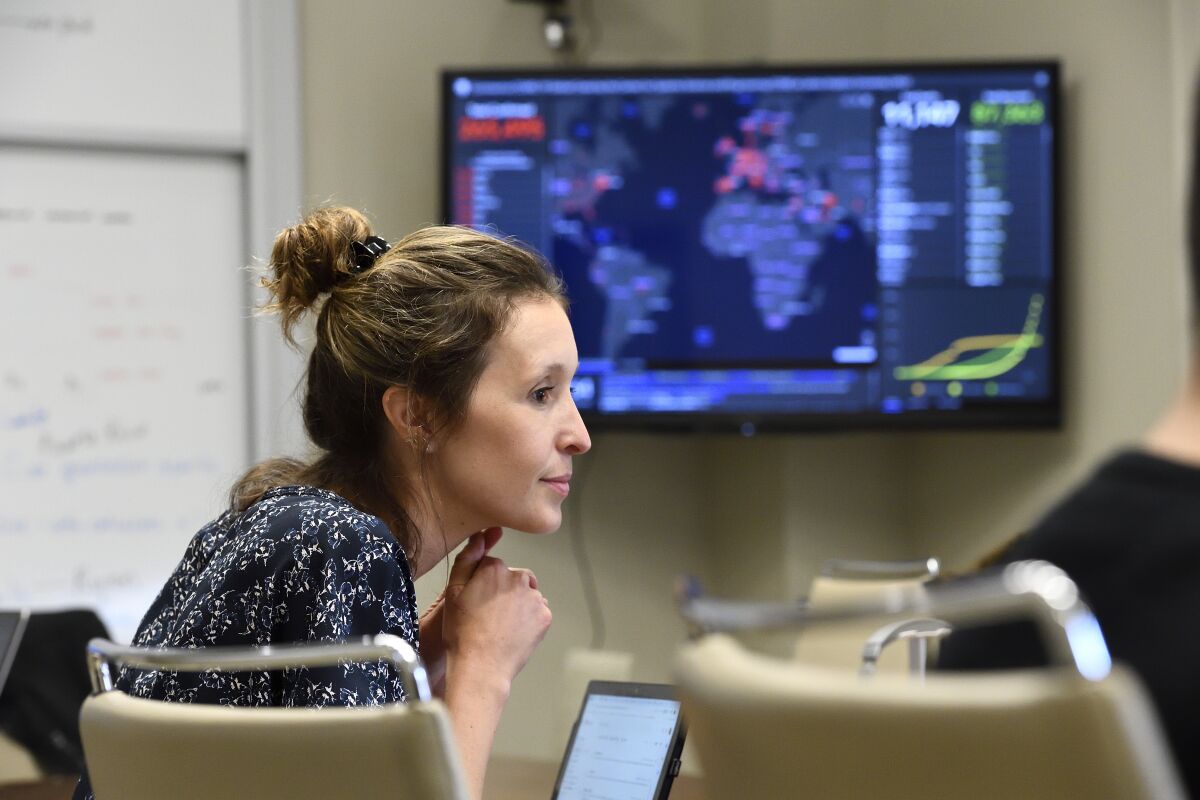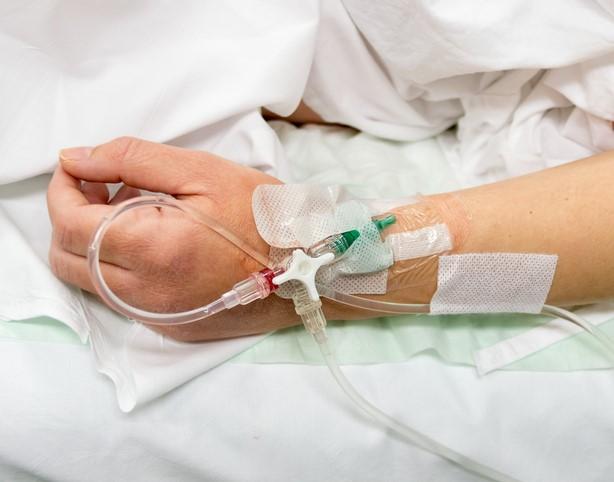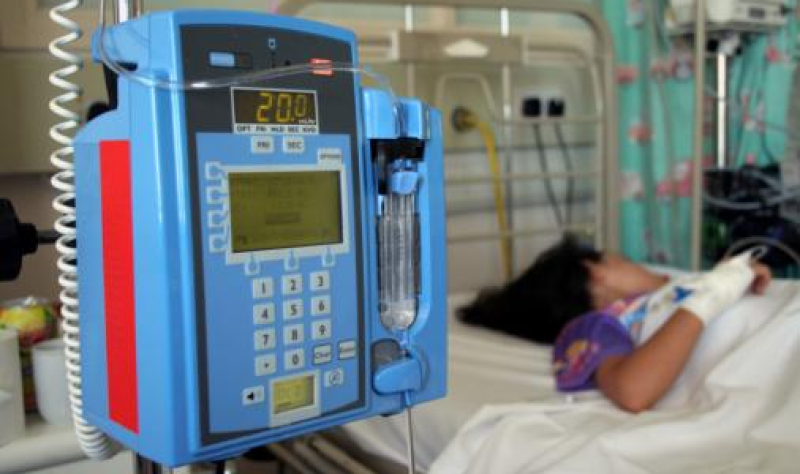‘A new standard’: The woman behind the Johns Hopkins COVID dashboard wins major prize

In the beginning it was a lifeline, an organized collection of facts amidst a swirl of coronavirus uncertainty and misinformation.
“Feels like this is going to be another day where it’s a battle to do anything while staring at the Johns Hopkins dashboard,” an editor in Michigan tweeted on April 13, 2020, along with a screenshot of the global death toll to date at that time: 114,983.
Nearly 2½ years later, more than 6.5 million people have died from COVID-19, hundreds of millions of infections have been recorded and Lauren Gardner, the Johns Hopkins engineer who led the creation of the university’s lauded COVID-19 dashboard, has been recognized with a major prize.
On Wednesday, Gardner won the 2022 Lasker-Bloomberg Public Service Award. Past honorees include Doctors Without Borders and Dr. Anthony Fauci.
Get our free Coronavirus Today newsletter
Sign up for the latest news, best stories and what they mean for you, plus answers to your questions.
You may occasionally receive promotional content from the Los Angeles Times.
Bestowed by the Albert and Mary Lasker Foundation for achievement in medical science, the Lasker awards are sometimes referred to as “America’s Nobels,” and many honorees go on to win Nobel prizes.
The dashboard “set a new standard for disseminating authoritative public health data in real time,” the judges said, and “cut through the noise of misinformation and became the most authoritative and trusted source of information for the COVID pandemic.”
The COVID-19 dashboard: Tracking a pandemic in real time
The dashboard debuted to the public in January 2020, when the majority of people in the U.S. were still blithely going about their business, with only glancing acknowledgement of the virus spreading through Wuhan, China.
Before the pandemic, the Texas-born Gardner was an academic specializing in modeling infectious diseases. She had returned from an eight-year stint at Australia’s University of New South Wales less than a year before to take a position as an associate professor at Johns Hopkins’ Whiting School of Engineering.
In January 2020, Gardner was talking with her graduate student Ensheng Dong, who had been worriedly checking for updates on family in China’s Shanxi province. Gardner suggested he create a map to track the virus globally. Dong built a website in a day, and after a few tweaks it was live.
If the U.S. public health emergency ends, Americans would be vulnerable to a new coronavirus variant that sparks another COVID-19 surge.
In the early days, as the pair worked to import data manually, they imagined the map as a valuable tool for a relatively small community of academics and researchers monitoring the virus’ spread.
Then the stay-at-home orders hit. In their shock and confusion, people went searching for reliable information on the spread of a virus upending their lives. They found the Hopkins dashboard. In March 2020 the website that hosted the map, arcgis.com, registered nearly 1 billion visits.

In the absence of a steady flow of data from the U.S. Centers for Disease Control or other reliable government institutions, and with misinformation swirling on the internet, the tracker let policymakers, healthcare providers and average people make responsible decisions.
“When I could see numbers rising in the U.S. and nearby states, we started to implement procedures to see our immunocompromised patients virtually and keep them protected,” said Dr. Michelle Rheault, a pediatric nephrologist at the University of Minnesota Children’s Hospital. “While it was terrifying to watch some days, it provided the knowledge that I needed to do my job.”
Gardner and her students knew the work mattered. But they were shocked to realize how many people were relying on it.
“All of it was a surprise. We knew it was important. I knew that the data had a lot of value, because I always did work where we needed that kind of data and didn’t have it,” Gardner said. “But I guess I didn’t expect to be the sole source of it.”
Planned Parenthood, the embattled nonprofit health provider that specializes in reproductive health, has won the 2017 Lasker Award for public service.
In addition to honoring Gardner, the foundation gave this year’s prize for basic medical research to Richard O. Hynes, Erkki Ruoslahti and Timothy A. Springer for discoveries related to integrins, a family of cell receptors that play an important role in cell growth, migration and signaling.
Yuk Ming Dennis Lo won the award for clinical research for his discovery of fetal DNA in maternal blood, reducing the need for invasive and potentially harmful prenatal test procedures.




